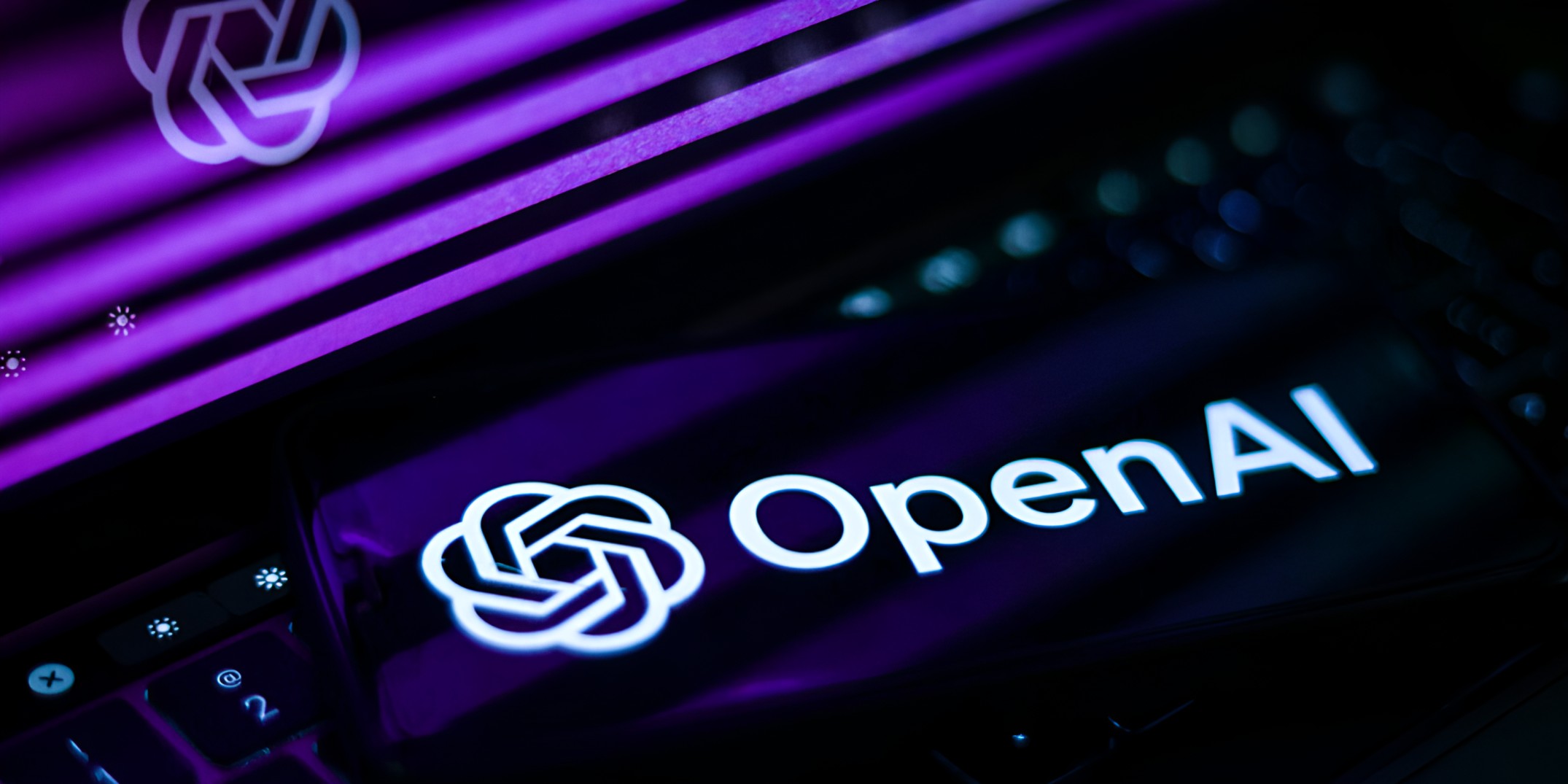OpenAI has revealed it would consider buying Google Chrome if the tech giant is compelled to divest it as part of an ongoing antitrust case.
The revelation was made during court proceedings in Washington, DC, where the US government is seeking to curb Google's influence in online search.
Nick Turley, an executive at OpenAI, testified on behalf of the Department of Justice in the high-profile monopoly trial against Google.
The case is the latest in a string of legal actions by the US government targeting the dominance of major technology firms in various digital markets, including search, social media, and artificial intelligence.
The Justice Department has accused Google of having too much control over the online search market. Last year, a court ruled that Google held a monopoly in this sector.
More recently, the company was found to have an illegal monopoly in online advertising technology.
Google has rejected the rulings and intends to appeal both decisions.
As the case continues, attention has turned to possible remedies that would reduce Google's market power.
Among the ideas discussed is the potential sale of Chrome, the world's most widely used internet browser.
Chrome commands a massive 64% of the global browser market, according to data from analytics firm Similarweb.
Its closest competitor, Apple’s Safari, holds just 21%.
Turley said OpenAI would be interested in acquiring Chrome if it became available.
"We have no partnership with Google today," he added, according to Reuters.
His testimony also revealed that OpenAI had previously tried to partner with Google by integrating its search results into ChatGPT, but that offer was turned down.
The trial is taking place amid rapid developments in the artificial intelligence sector, where newer models are changing how people search the internet.
Generative AI systems such as ChatGPT rely on online content to provide more accurate answers and reduce the risk of hallucinations, a common challenge faced by developers of AI chatbots.
OpenAI, which makes ChatGPT, currently works closely with Microsoft.
Their partnership includes integration with the Bing search engine and Microsoft’s Edge browser. On the other hand, Google has developed its own AI tools under the Gemini brand, which competes directly with ChatGPT.
Lee-Anne Mulholland, Google’s head of regulatory affairs, defended the company’s position in a blog post.
She wrote, "The government's proposals would hurt America's consumers, economy, and technological leadership."
Google has firmly stated that Chrome is not for sale and has urged the court to dismiss the antitrust lawsuit.
The outcome of the case could have far-reaching implications for other major tech firms.
Meta, Amazon, and Apple are also facing scrutiny and lawsuits from the Department of Justice, and are closely watching the proceedings.
In a separate development, reports have surfaced suggesting OpenAI is exploring the creation of its own social media platform.
According to The Verge, the idea is in its early stages, but OpenAI’s leadership, including CEO Sam Altman, has reportedly been seeking feedback on the potential for a rival to X, formerly known as Twitter.
Altman and Elon Musk, who leads X, were once partners at OpenAI before parting ways over disagreements about the company’s future.
X has since developed its own AI tool named Grok, which is embedded within the social media platform.
The trial, expected to run for three weeks, marks a critical moment in the government’s broader push to regulate Big Tech.
OpenAI’s openness to acquiring Chrome underscores how the AI landscape is intersecting with traditional tech giants, potentially reshaping the online ecosystem depending on the court’s final decision.

